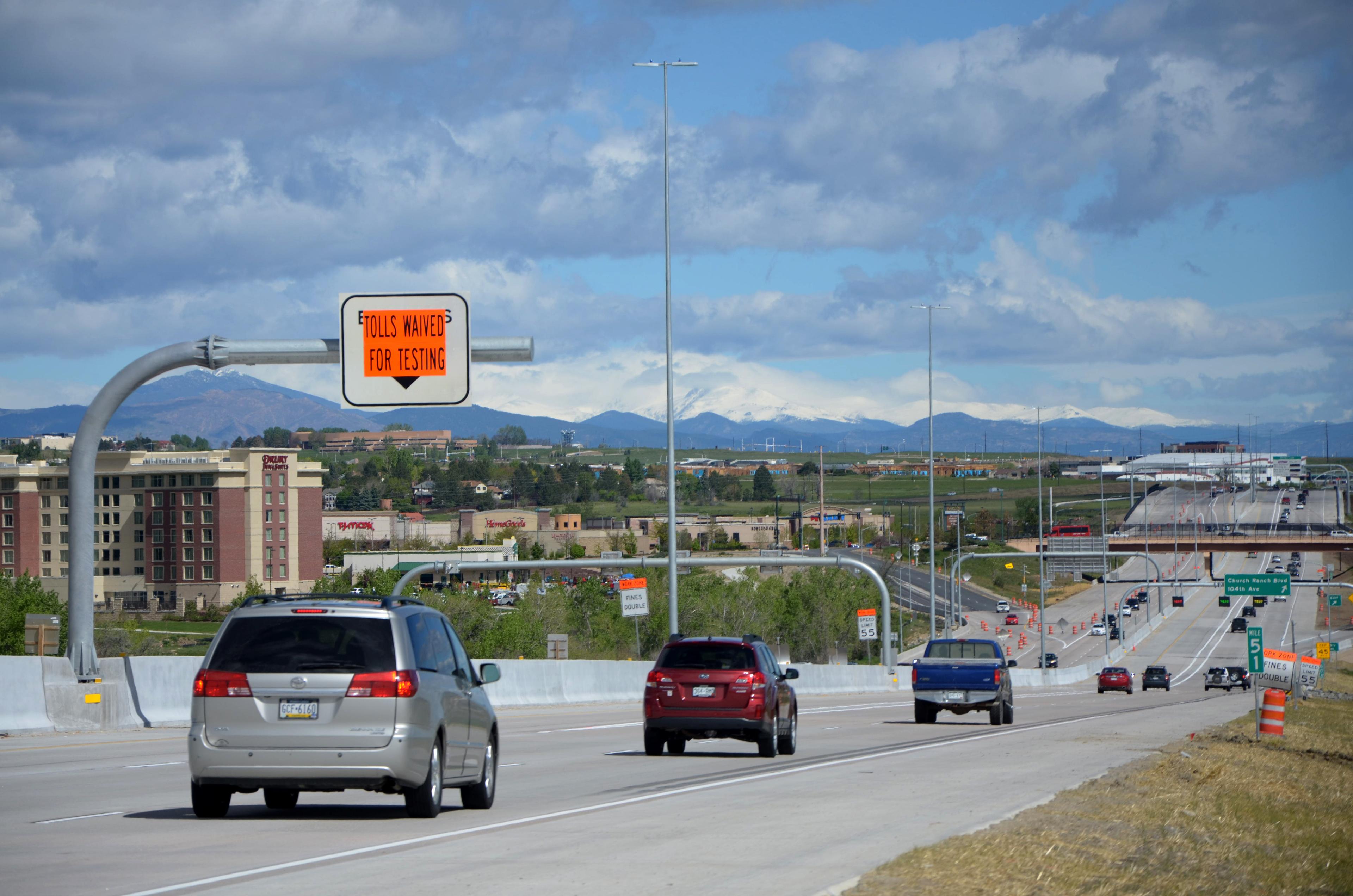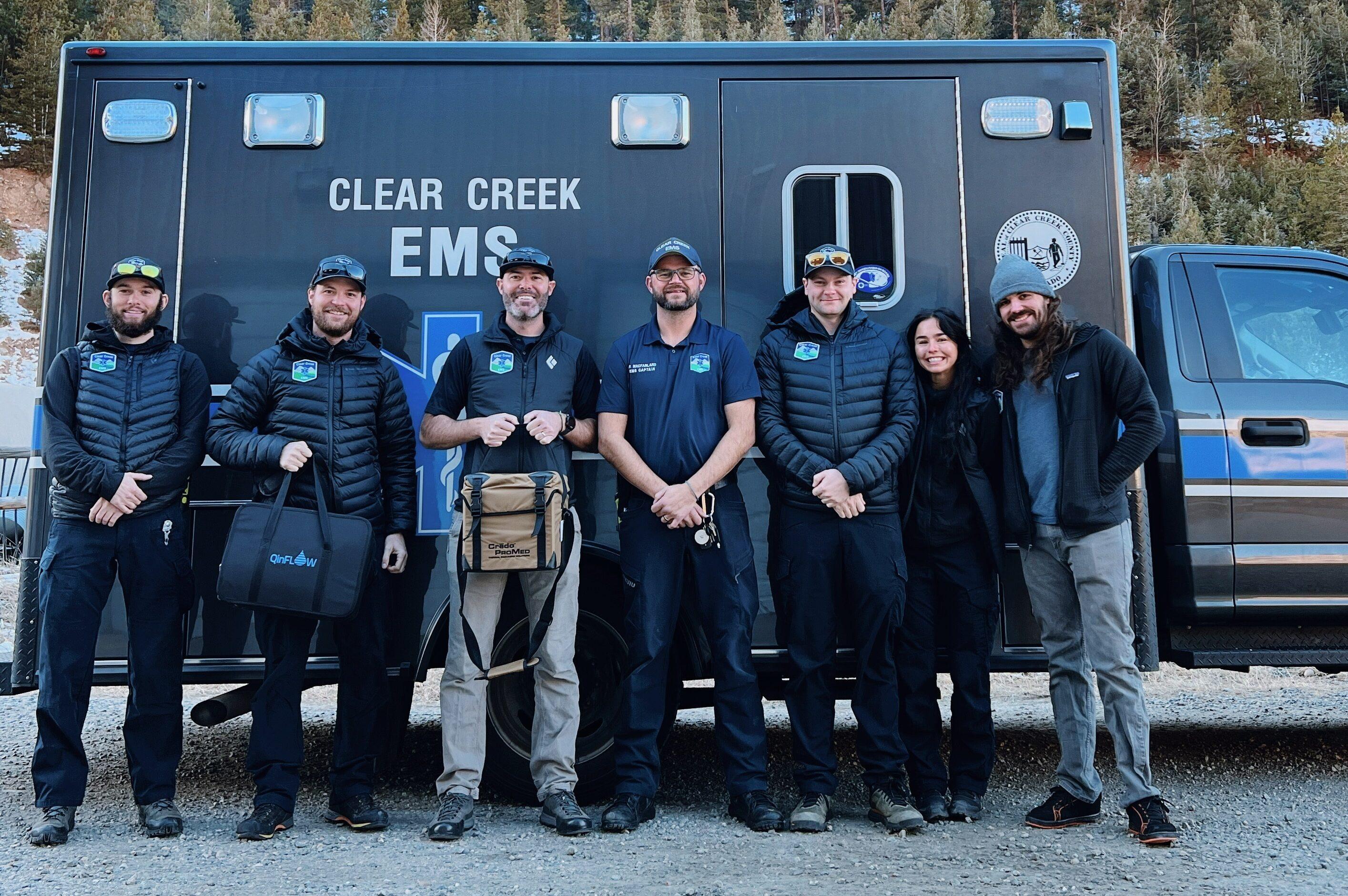
A coalition of business groups announced plans Friday to ask Colorado voters this fall to raise sales taxes to pay for $6 billion in transportation projects.
Their announcement officially puts into motion a campaign that's been discussed by transportation advocates for more than a year since the state Legislature in 2017 rejected an attempt to send voters a plan to raise sales taxes by a similar amount.
With at least one competing transportation plan expected to appear on the November ballot — and another planned for next year — supporters of Friday's measure face a steep climb to win over Colorado's tax-averse voters.
Organizers need more than 98,000 signatures from registered voters to place their initiative on the ballot. If it and a competing proposal qualify, voters could have three options this year and next to begin addressing Colorado's $9 billion transportation backlog.
Proposal 1: A Sales Tax Hike
What it would do: The hike backed by business groups would raise the state sales tax by just over 6 cents on the dollar, from 2.9 percent to 3.52 percent. It would generate more than $766 million a year starting in 2019, and authorize the state to issue $6 billion in transportation bonds. The funding would be split, with 45 percent going to state highway projects, 40 percent to local governments and 15 percent to alternate forms of transportation, such as mass transit.
What it would cost: $9.4 billion over 20 years, including interest.
Who supports it: A bipartisan coalition, including the Denver Metro Chamber of Commerce, the Colorado Contractors Association and Club 20, an association of counties in Western Colorado. It also has the support of Democrats at the Legislature who say a tax hike is needed to cover Colorado's transportation needs without cutting funding to schools and other services.
When it would appear on the ballot: November 2018
Proposal 2: 'Fix Our Damn Roads'
What it would do: The colorfully named "Fix Our Damn Roads" initiative would issue $3.5 billion in transportation bonds without raising taxes. Instead, the state would have to pay off bonds with existing state revenues. All of the money would be earmarked for state highway and bridge projects. Using the money for mass transit is prohibited.
What it would cost: $5.2 billion over 20 years, including interest.
Who supports it: The Independence Institute, a conservative think tank. It's also backed by many Republicans at the legislature, who say the state should spend more on roads within its existing budget.
When it would appear on the ballot: November 2018
Proposal 3: Senate Bill 1
What it would do: The bonding measure referred to voters by the Legislature this year would borrow $2.34 billion for transportation projects. Like the "Fix Our Damn Roads" initiative, it would require the state to pay off the bonds under current tax rates. The bulk of the money would go to state highway projects, with 15 percent set aside for other transportation options, such as mass transit.
What it would cost: $3.25 billion over 20 years, including interest.
Who supports it: The measure won unanimous, bipartisan support from the state Senate and most of the House. But top lawmakers in both parties say they would prefer one of the other measures to pass in 2018 instead of the legislative compromise.
When it would appear on the ballot: November 2019, if the other two proposals are rejected.









